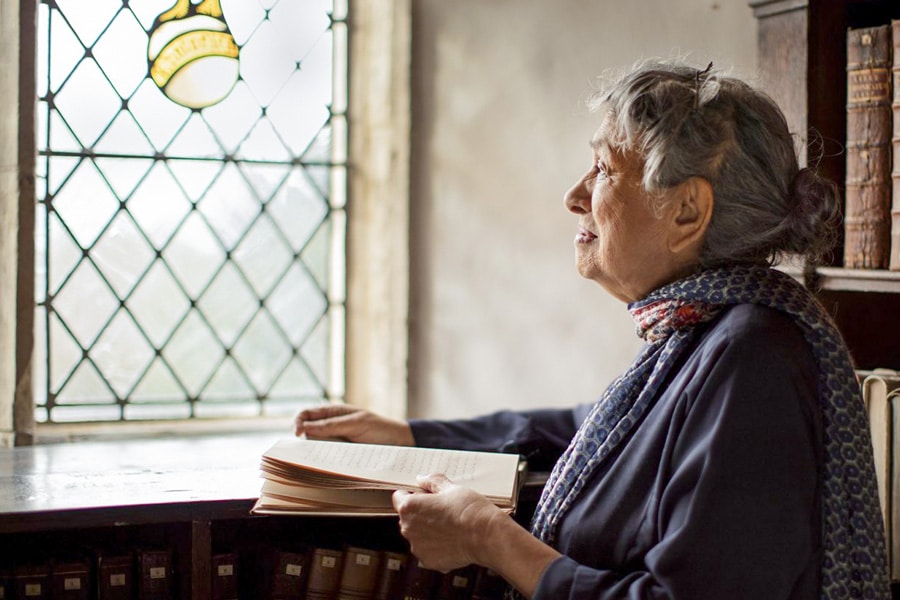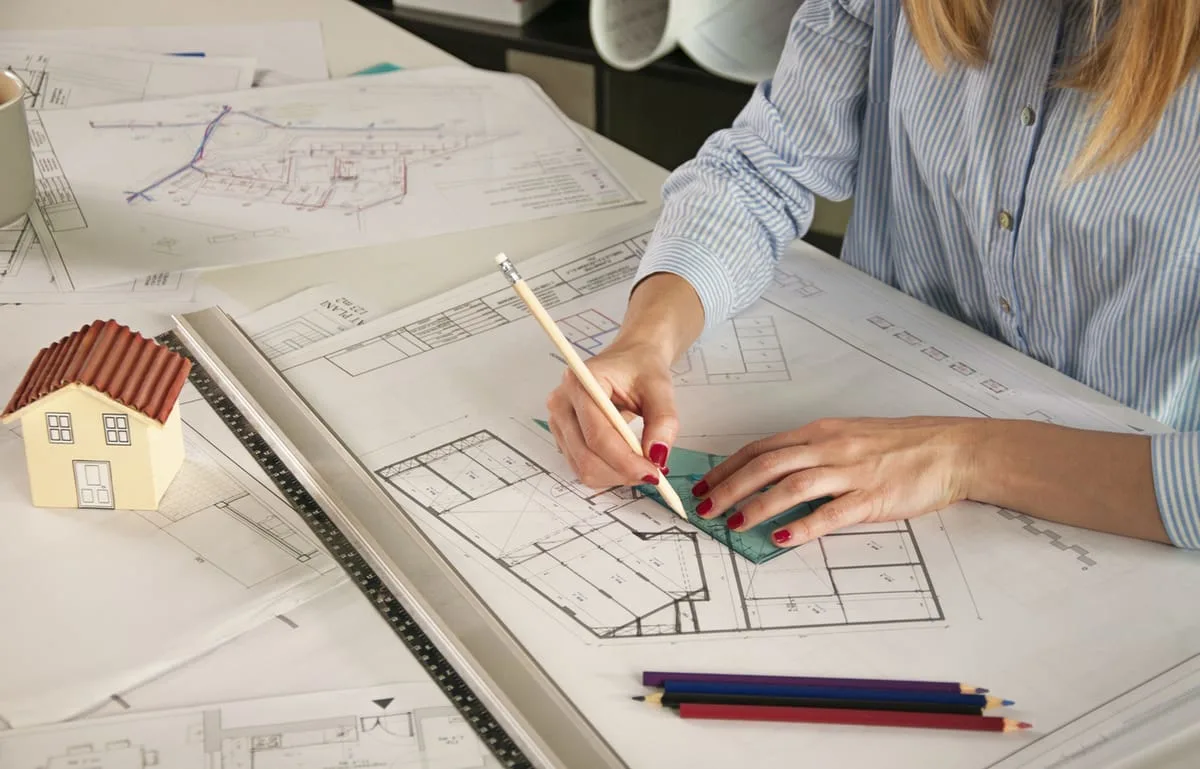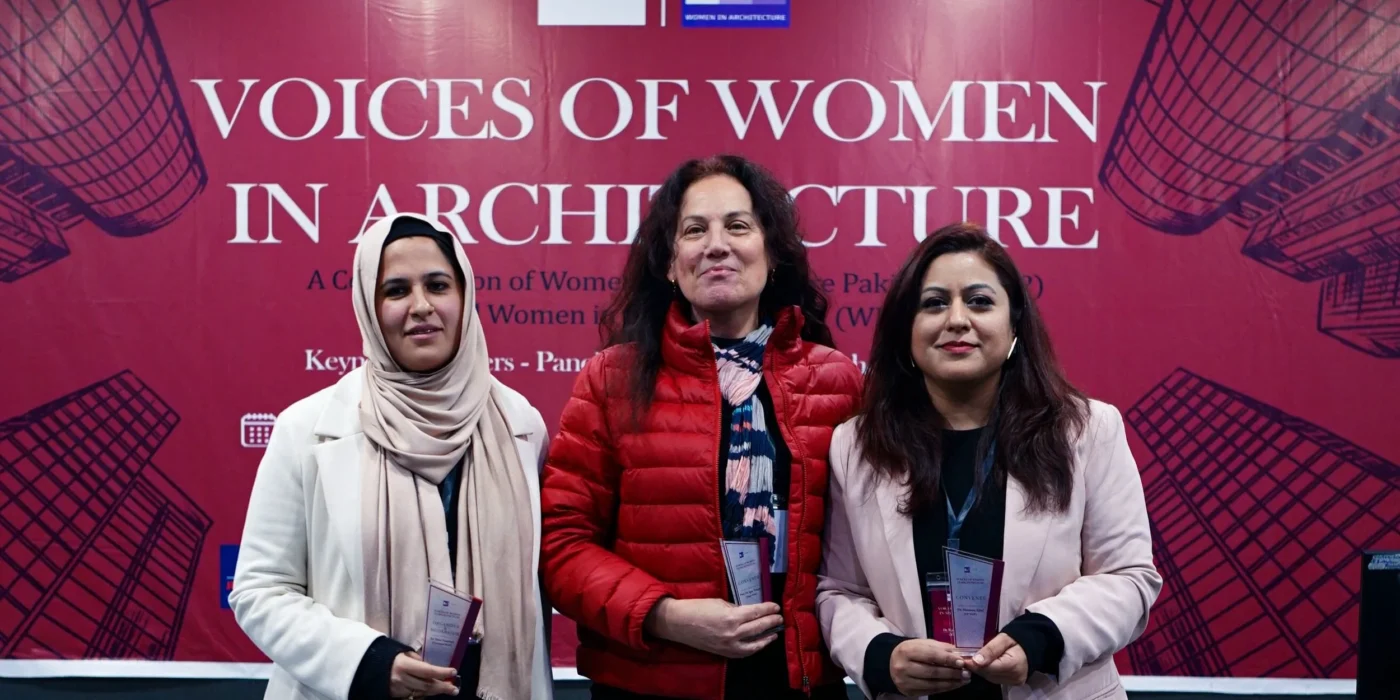On a sunny morning in Islamabad, a young architect steps onto the construction site of a new commercial tower. She’s carrying not just blueprints but also a vision, a vision where buildings aren’t just structures but statements of culture, sustainability, and inclusion. This isn’t an isolated scene. Across Pakistan, women in architecture are redefining skylines, blending tradition with innovation, and challenging the boundaries of a male-dominated industry. Their work is not only changing how our cities look but also how they feel, function, and flourish.
The Legacy of Female Pioneers
The journey of female architects of Pakistan is rooted in the determination of trailblazers who entered the field when opportunities were scarce. Figures like Yasmeen Lari, Pakistan’s first female architect, didn’t just design buildings; they designed possibilities. Lari’s humanitarian work, especially in flood-resistant and eco-friendly housing, has become a global model of climate-resilient architecture. These pioneers paved the way for younger generations, proving that women could lead in urban planning, large-scale commercial projects, and heritage conservation. They fought not only for design excellence but also for the right to stand at the drafting table in the first place.

Emerging Women in Architecture
Today, a new wave of famous female architects and planners is emerging, women who are as comfortable managing large project budgets as they are selecting sustainable building materials. They are designing tech-integrated workspaces, green-certified commercial towers, and community-centered public spaces. These leaders bring something vital to architecture: a nuanced approach that values human experience as much as engineering precision. They champion inclusivity in planning, ensuring spaces are accessible, environmentally responsible, and culturally respectful.
Why Women Bring a Unique Edge to Architecture
Architecture is as much about people as it is about places. Women in architecture often approach design with a holistic lens, one that considers sustainability, usability, and emotional impact. In Pakistan, where rapid urbanization demands both resilience and innovation, this perspective is crucial. Female architects are leading conversations around green building certifications, renewable energy integration, and climate adaptation strategies, all while ensuring that design solutions remain economically viable.

Challenges Along the Way
Despite their growing influence, female architects of Pakistan face structural challenges: limited mentorship opportunities, societal biases, and underrepresentation in leadership roles. On construction sites, they often have to prove their technical expertise twice over, while in boardrooms, they must advocate for their creative vision in spaces that still skew male. These obstacles not only test their professional skills but also demand emotional resilience and strategic networking to thrive. Yet, their resilience mirrors the structures they design, built to endure, adapt, and inspire, proving that barriers can be transformed into stepping stones for the next generation of women in architecture.
Famous Female Architects Shaping Pakistan’s Urban Landscape
Architects like Yasmeen Lari, Sana Tabassum, and Mariam Kamal have gained recognition not only for their stunning portfolios but also for their advocacy in sustainable and socially responsible design. From heritage preservation in Karachi to modernist towers in Lahore, their work shows the breadth of what famous female architects can accomplish when given the platform. Their achievements send a clear message to young girls in Pakistan: architecture is not just a career option; it’s a space where they can lead, innovate, and leave a lasting legacy.
Citadel 7 and the Power of Inclusive Architecture
At the heart of Islamabad’s evolving skyline stands Citadel 7, a project that embodies these values. At Chakor Ventures, inclusion is not just a buzzword; it’s a guiding principle. In the design and decision-making process for Citadel 7, women architects and planners have played an integral role, ensuring the tower reflects both modern aspirations and environmental responsibility. From its imported façade to UV-filter windows that promote energy efficiency, Citadel 7 carries the imprint of diverse voices, including women who understand how thoughtful design can impact both business productivity and community well-being.
Inclusive Design and a Brighter Tomorrow with Chakor Ventures
As Pakistan’s cities evolve, female-led design is shaping a future of Pakistan where tradition meets modernity and sustainability aligns with profitability. Women architects in Pakistan bring unique perspectives that elevate both form and function. Projects like Citadel 7 prove that when diverse voices guide design, we create spaces that serve people, communities, and the planet. At Chakor Ventures, we’re building not just towers, but a future where innovation and inclusivity go hand in hand.

